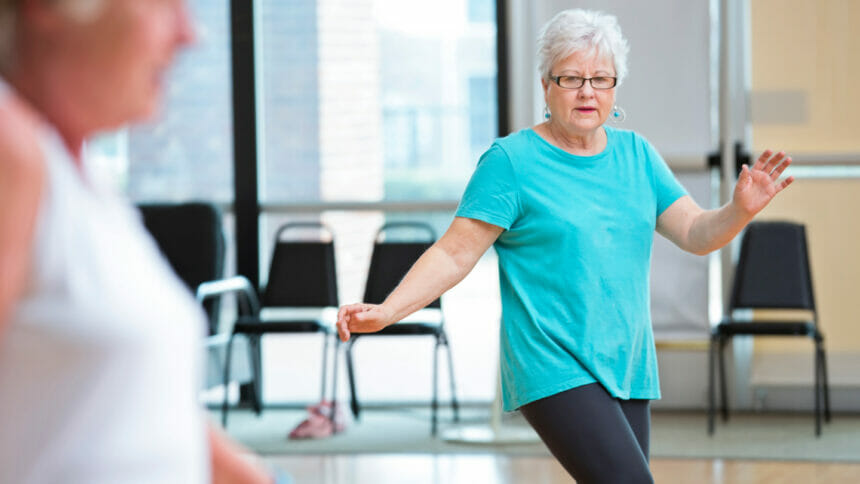
Music and dance prompt movement, humor and joy in people with dementia – evidence that the arts improve these residents’ quality of life, say New Zealand researchers.
Memory recall, spontaneous dancing and joking were observed in every session during a program of joyful music and movement therapy called intuitive movement re-embodiment, developed by researchers from the University of Otago.
Quality of life measures also showed significant improvement by week six in the 10-week study, reported researcher Ting Choo, Ph.D., a former dancer.
“These observations have certainly reversed the stereotypical understanding of this group of people being passive and immobile. The music stimulates their responses much better than verbal instructions,” Choo said in a statement. Participants showed “enthusiasm in moving to the music regardless of their physical limitation.”
Choo believes that the arts are undervalued as a tool for treating dementia and improving the quality of life in those with the condition. “There is scope for future exploration of creativity and dementia,” she concluded.
Choo and her colleagues plan to expand their pilot study, refining and enlarging the IMR program to better cater to the needs and conditions of participants.
The study results were published in the American Journal of Alzheimer’s Disease & Other Dementias.




